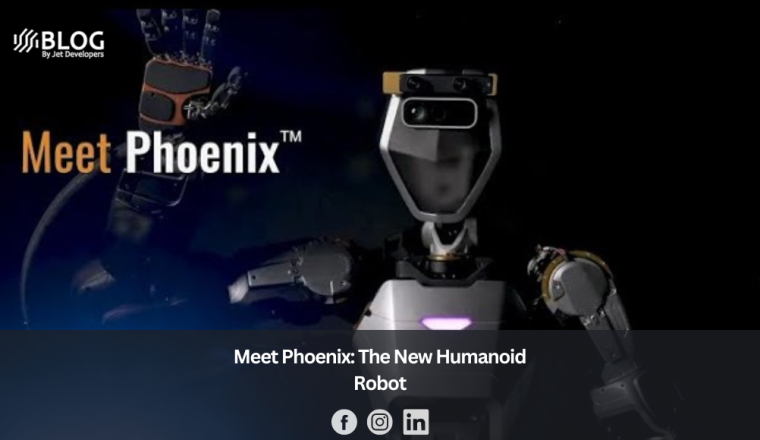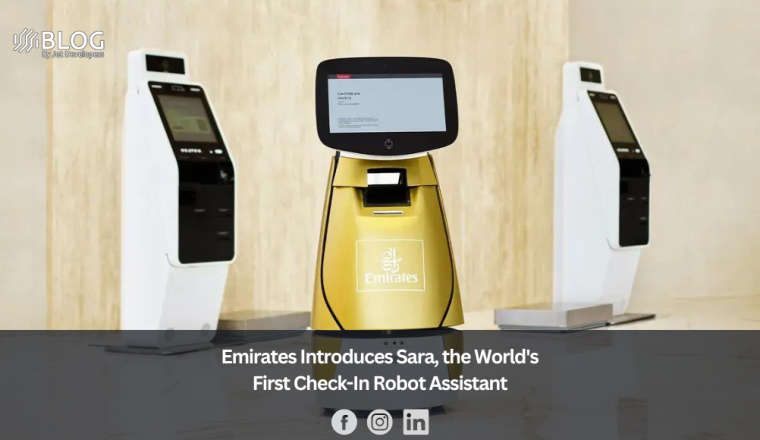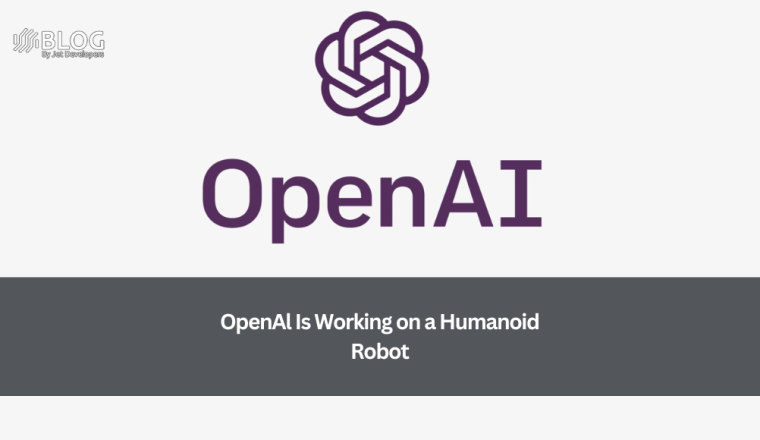Meet Phoenix: The New Humanoid Robot
Phoenix, a humanoid robot standing at a height of five feet seven inches (5’7″) and weighing 155 pounds (70 kg), closely resembles the average human in stature. However, its intended purpose—to perform general tasks in various environments—is an ambitious undertaking for a robot.
The concept of humanoid assistants has been popularized in science-fiction narratives, but bringing them to life in the real world has proven to be a formidable challenge. While companies like Tesla have expressed interest in integrating humanoid robots into households, robots have traditionally excelled at executing specific tasks rather than performing a wide range of general functions.
What can a general-purpose robot do?
Founded in 2018, Sanctuary brings the world of artificial intelligence (AI) and robotics under one roof and has been striving to make a human-like brain and system that can complete tasks with the ease humans do.
Pheonix is the company’s sixth-generation humanoid with hands that have 20 degrees of freedom and can mimic the agility and refined manipulation capabilities of its human counterpart, Tech Crunch said in its report.
The humanoid has a payload capacity of up to 55 pounds (25 kg) and can travel at the speed of three miles (~five km) an hour, much like a regular human. It can also work at a retail store, just like a human.
In a pilot conducted in March this year, the humanoid was assigned to a retail store in Vancouver, where it performed 110 retail-related tasks at both the front and the back end of the store. This included picking and packaging merchandise, labeling, tagging, folding, and cleaning up the store.
Although the pilot lasted a week, the hero of the achievement is not the robot but the AI system that drives it. Sanctuary has dubbed its system Carbon and has designed it to perform the broadest set of tasks possible.
The Sanctuary is confident that while others build specific-use robots, robots that can perform general-purpose tasks will be ubiquitous as cars shortly and ready to step up when there aren’t enough people to do the job,






